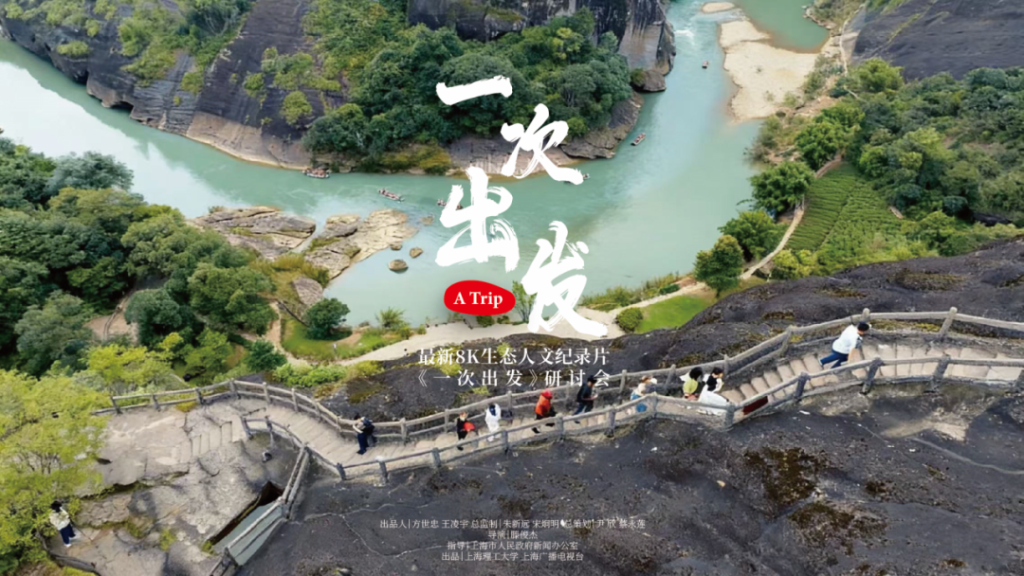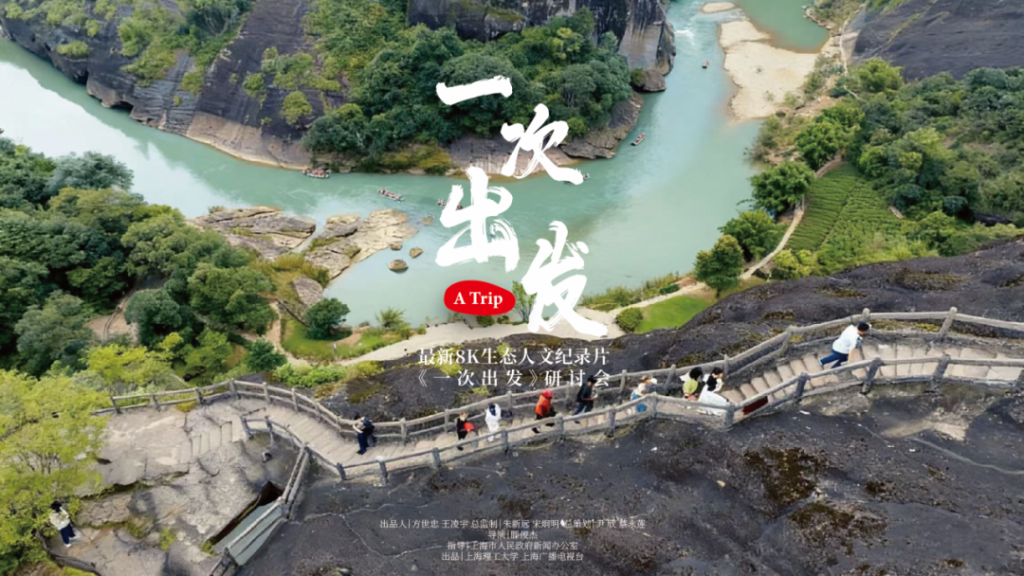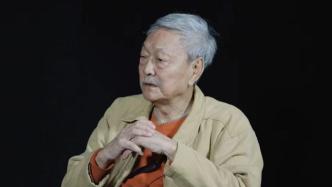
On August 31, according to multiple informed sources, Situ Zhaodun, a professor at Beijing Film Academy, passed away in the early morning of August 31 at the age of 85.
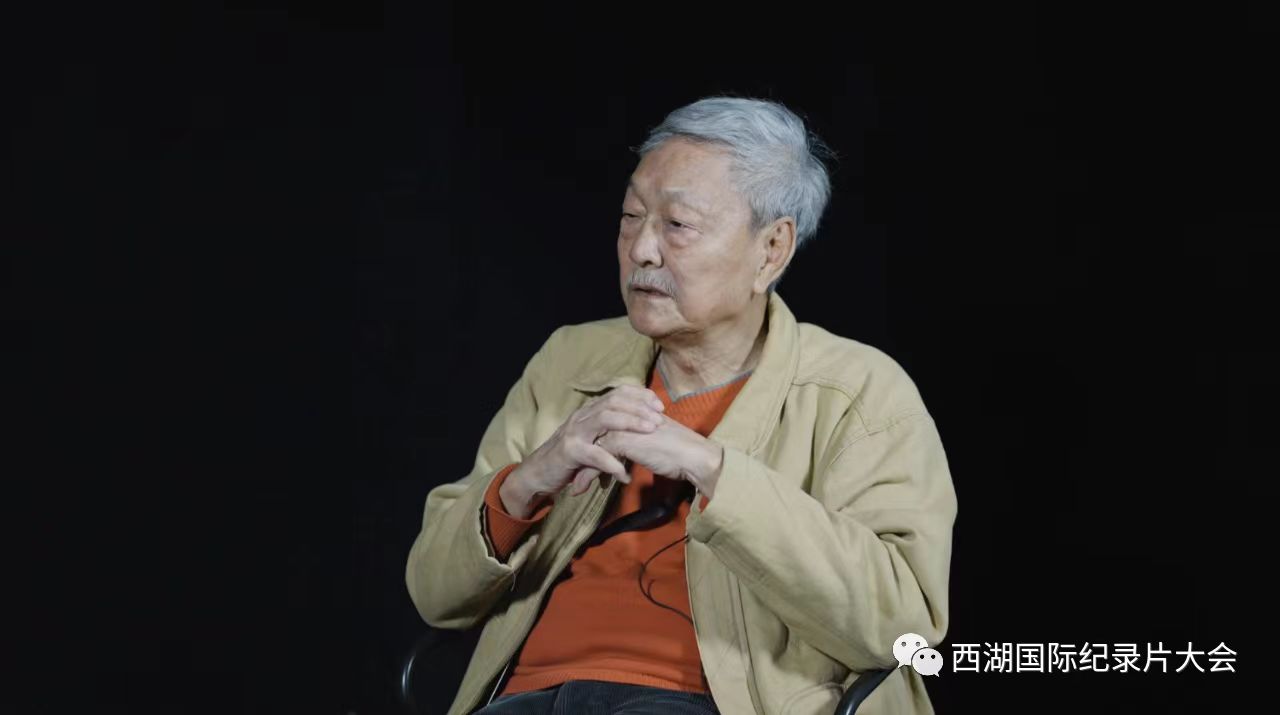
Situ Zhaodun. Picture source: "West Lake International Documentary Conference" WeChat public account.
Situ Zhaodun once used the pen names Zuo Nan, Liang Wuwu, etc. He was born in Hong Kong, China, in November 1938. His ancestral home is Chikan, Kaiping. He moved to Beijing with his family in 1951. He graduated from the Directing Department of Beijing Film Academy in 1964 and stayed at the school to teach in the same year. Joined the party in June 1980. In September 1997, he was awarded the "Golden Candle Award" by the Beijing Film Academy. In July 2016, it was awarded the "Outstanding Contribution Award for Promoting the Development of Chinese Documentaries" by the China Television Documentary Academy Awards. In July 2016, he was awarded the "Lifetime Achievement Award" by the Sino-French Documentary Biennale, a highly respected film artist.
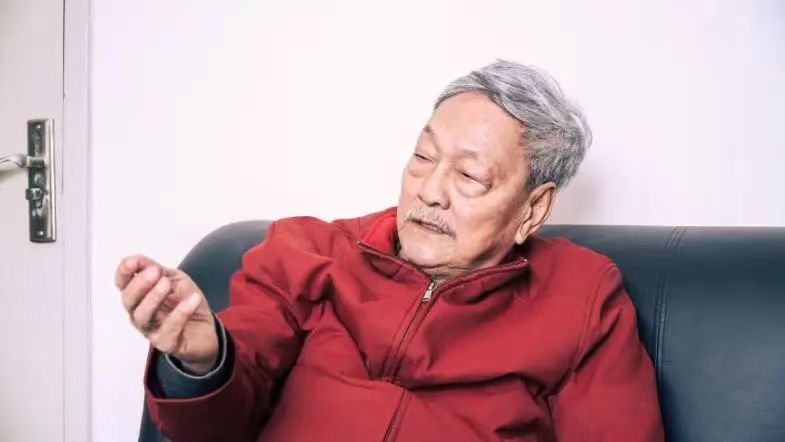
Situ Zhaodun. Picture source "Qingdao Film Academy" WeChat public account.
Situ Zhaodun has filmed the films "Bamboo", "Green Mountain Sunset", "Father and Son Marriage"; TV documentaries "Road", "Environmental Art", "Glorious History" and "Our People's Congress"; edited "World Film Story" and so on writings. After retiring, he served as the Director of the Directing Department of the Modern Creative Media School of Qingdao Beijing Film Academy and continued to organize and engage in teaching activities.
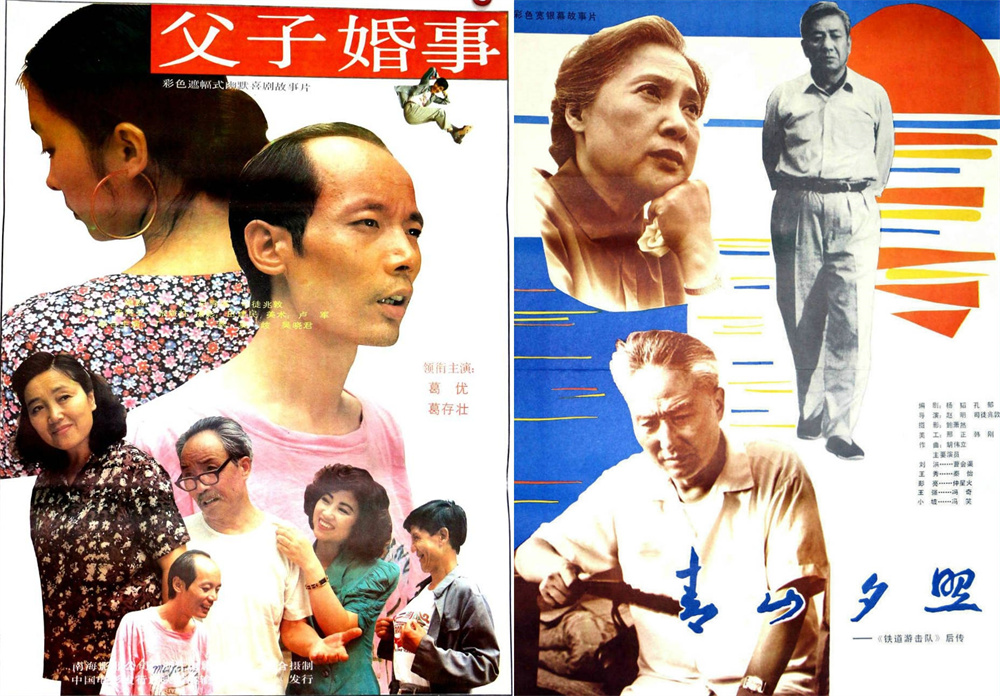
Posters of "Father and Son Marriage" and "Sunset on the Green Mountains"
Situ Zhaodun is one of the most respected masters in the Chinese film industry. He is committed to the popularization and development of documentaries in China and is known as the father of Chinese documentaries.
Mr. Situ is the class teacher of the 1978 class of the Directing Department of Beijing Film Academy and a golden "fifth generation" talent. It can be said that there are high apprentices all over the world, and famous directors such as Chen Kaige, Tian Zhuangzhuang, Zhang Yimou all studied under him. As a documentary teacher, he unreservedly and enthusiastically taught many young directors and students to create documentaries. Yang Lina, Zhang Jingwei and countless others have received his guidance and encouragement.
Mr. Situ once humbly said in an interview that he was "very lucky to lead the fifth generation." Recalling the first time he spoke to them, he said, "When we were studying, we were all learning from the Soviet Union. We learned from "Battleship Wave" "Jiangjinhao" started. After so many years, we have no idea how the movie has become, and we don't even know about Western movies. So I don't dare to preach to you, but I have an advantage because my father is in charge of movies. , I can provide you with a large number of videos. I am not worried at all about the abilities of the fifth generation students, because they have all their attitudes and life experiences, which are incomparable to many current students. I Then let’s watch movies together. We watched a lot of movies, starting from Italian neorealism, French New Wave, etc., because I can’t teach commercial movies. At that time, China was still a planned economy society and had no understanding of commercial society at all. I understand, and I don't understand."
In addition to a brilliant career, Situ Zhaotun's family history is even more eye-catching.
Situ Zhaotun's family is a legendary overseas Chinese family. Grandpa Situ praised him as the leader of overseas Chinese in North America and the veteran of the Kuomintang. Situ Zhaodun's father, Situ Huimin, was a famous filmmaker and underground party in the 1930s. Because of his father's special status as an underground party member, Situ Zhaodun has been used to seeing "big scenes" since he was a child.
Precisely because of his father's special status, Situ Zhaodun's family was impacted to varying degrees during the successive political movements in the 1960s and 1970s. In 1968, Situ Zhaodun was arrested for his involvement in the "Erliu Hall" and "Shanghai Library" incidents. That year, he was 30 years old. He spent the next five years in prison.
With an extraordinary family history, Situ Zhaodun has still cultivated a simple and upright character despite the influence of the times and fate.
Under the influence of his father, Situ Zhaodun fell in love with movies since he was a child. He started working step by step doing odd jobs in the film studio. He claims to be one of the first generation of "film studio kids" in China.
In the article "Situ Zhaodun Talks about the Documentary Film "Actor": The Aesthetics of "Truth is Beauty"" written by Szeto Zhaodun, he sharply criticized reality and sincerely touched the soul.
"Watching "Actor", Yu Lan, Yu Yang, and Qin Yi, representatives of the 22nd National Congress, have been emphasizing that actors cannot just pursue the surface, but must go deep into the soul of the character. Only by going deep into life and going through hard work Only by working hard and honing yourself from thoughts to actions to the point of being completely transformed can you create a good character. There is no shortcut... In that era, no matter how big or small the actor was, and whether the role was positive or negative, it was a solemn and dignified job. I have been working for a long time Working on set is always meticulous and it’s something I will miss forever.”
When it comes to teaching and educating people, Situ Zhaodun has no airs. He always talks with students on an equal footing and studies movies together.
In teaching, Situ Zhaodun would advise students to take root in the spiritual soil they are familiar with and find the basis of creation from the local area. He has always believed, "If you go to the West to learn, you can learn everything else, but you can't learn movies. After learning, you can't. To survive there, this is my concept. It doesn’t matter if you learn technology or recording, but if you learn feature film creation, you won’t be able to survive at all.”
Regarding film creation, he has always had a clear point of view: "Documentaries belong to everyone, not your patent. In the first stage of the feature film major, you must study documentaries, and in the second stage, you must study story films. I have become more and more convinced that movies are nothing special. , Film is a technology, it must be combined with knowledge from other disciplines to be valuable. Film can be of various styles, it can also be a commodity, it can also be political propaganda, and it can also be science."
Because there were too many bad feature films, Szeto Zhaodun forced his students to watch documentaries. "You have to watch them even if you don't like them. After watching enough documentaries, you will realize that these ordinary faces are the most beautiful." He emphasized that it is necessary to Start with documentaries, and transform our national aesthetics through the education and penetration of documentaries.
A film school student said: "All the teachers scolded me after watching my films. Only you taught me how to turn bad works into good works."
Hukov, a young director from Inner Mongolia, was also a student of Situ Zhaodun. On the eve of his graduation, Situ Zhaodun privately asked Hukov about his plans after graduation, and he said without hesitation that he would stay in Beijing. However, Situ Zhaodun suggested that he "should not stay in Beijing, but should return to Inner Mongolia, take a good walk and have a look, and then come back after making some achievements."
At that time, Hukov followed Situ Zhaodun's suggestion and returned to Inner Mongolia to look for development direction.
Hukov said: "I am a Mongolian who grew up in the city. I had no idea about my own nation before. It wasn't until a certain moment when I went to college that I suddenly became very interested in my own nation, so I watched a lot of historical and cultural genres. Works. Because I had been photographing the disappearing nomadic culture during college, my teacher asked me to go back to Inner Mongolia to take root in the pastoral areas and have a good walk around. Now I know that the teacher’s suggestion was right, because if I had stayed in Beijing, maybe I would be better off now. It will be difficult to create good works, maybe just for advertising or something.”
Sincerely hoping that students can become talents and planning their future from a long-term perspective, Szeto Zhaodun has never ignored or turned a blind eye to any student's problem.
In 2003, Szeto Siu-dun was invited to serve as a visiting professor at the City University of Hong Kong where documentary director Wei Shiyu taught. This also became the first documentary feature "A Piece of Heaven: Primary Archives" produced by Wei Shiyu. Documents) opportunity.

"Journey of Documentation: Original Archives" poster
In this documentary about Situ Zhaodun, we can not only see the process of his teaching and tracing his roots in Hong Kong, but Wei Shiyu also took Situ Zhaodun as the core and extended it to the people around him. Filmmaker father Situ Huimin, sculptor brother Situ Zhaoguang, Dutch documentary master Ivens and his wife Luo Lidan, etc. In these precious and original video clips, we can witness many footnotes of the times.
In the film, we see how Situ Zhaodun, as a teacher, enlightens students, but at the same time, he is more like a friend, talking to students and stimulating their daily thinking.
"The things recorded in documentaries are often irreplaceable. Irreplaceability is value." At the beginning of the documentary, Szeto Siu-dun was teaching at the City University of Hong Kong. He used Sun Yat-sen, one of the pioneers of Chinese film, Li Minwei, as an example to introduce the importance of documentary. How value is generated.
In the documentary, we can see Situ Zhaodun’s life-long belief and deep-rooted love for movies. During the farewell party, Situ Zhaodun said to the camera, "Louisa (Wei Shiyu) will marry this camera in the future." Lively and funny!
At the Beijing Film Academy, Szeto Zhaodun said a famous saying: I can be forgiven for saying wrong things, because I have said many wrong things, but I cannot be forgiven for telling lies. He said: "What is the real thing, the truth, the truth? This is the first lesson I must teach my students, because documentaries must seek truth from facts."
Dare to tell the truth and work seriously, this is the essence of Mr. Situ Zhaodun's life. Have a great trip, Mr. Big!
